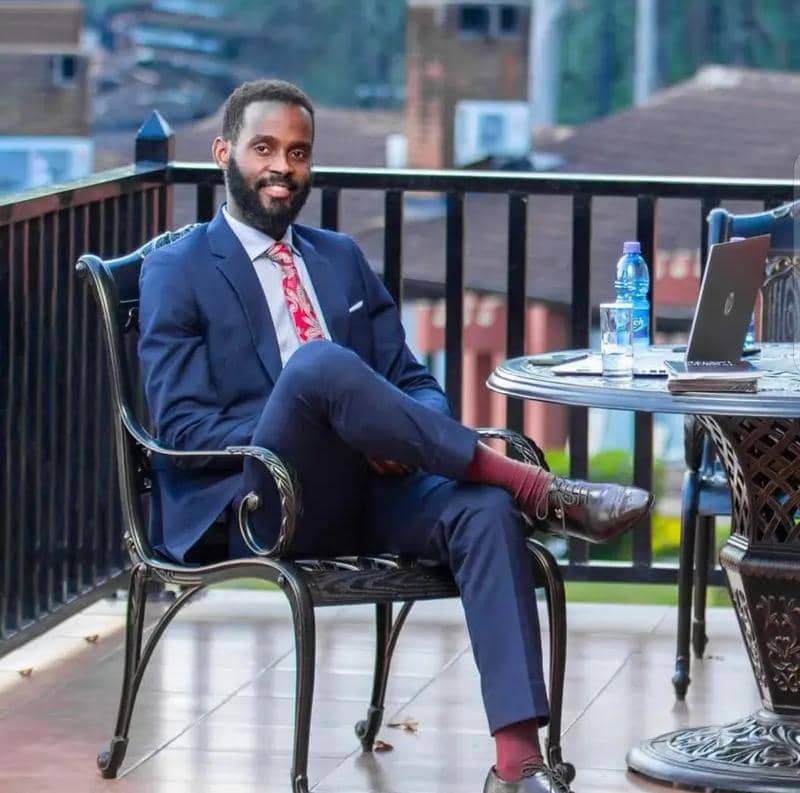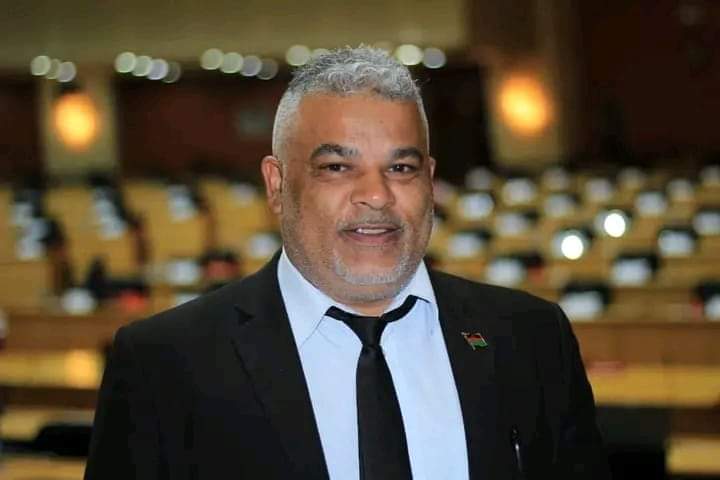By Burnett Munthali
In a bold statement on his Facebook page, lawyer and social commentator Alexius Kamangila has articulated his commitment to ensuring accountability within the Malawian judiciary. With the phrase “the moment of reckoning has arrived,” Kamangila expresses a sense of urgency and determination to confront systemic issues within the judiciary, particularly in light of ongoing concerns about corruption and malpractice.
Kamangila’s declaration that “I foresaw this even before the year started” reflects a keen awareness of the challenges and opportunities that lie ahead for Malawi’s legal system. His proactive stance emphasizes that he is not only prepared for the struggle but also resolute in his mission to hold the judiciary accountable for its actions. This level of vigilance and commitment is commendable, especially in a context where many citizens feel disillusioned by the perceived impunity of judicial figures.
The phrase “this issue is not dying in the common way issues die in Malawi” underscores Kamangila’s belief that this movement for accountability is distinct from past efforts that have often fizzled out without substantial change. His conviction that “KEN MANDA will dance to his own music” suggests a determination to confront powerful figures within the judicial system, signaling that the status quo is no longer acceptable.
Kamangila’s message resonates with many who have long felt frustrated by the lack of accountability among judges and other officials within the judiciary. There is a growing sentiment among Malawians that the judicial system must be reformed to ensure that it serves the interests of justice and the people rather than shielding those in power.
The call for judicial accountability is especially relevant given the historical context of corruption and injustice in Malawi. Many citizens have witnessed the erosion of trust in the judiciary due to high-profile cases of corruption and a perceived lack of transparency in legal proceedings. Kamangila’s commitment to gaining ground in this fight is a significant step toward restoring faith in the judiciary as a fair and impartial institution.
As Kamangila embarks on this mission, he may face resistance from entrenched interests that benefit from the current state of affairs. However, his determination to see the judiciary held accountable offers a glimmer of hope for those who believe in a more just and equitable Malawi.
The path to judicial reform will undoubtedly be fraught with challenges, but Kamangila’s vigilance and commitment may inspire others to join the cause. The time for change is now, and with voices like Kamangila’s leading the charge, there is a possibility for meaningful reform that holds all judicial actors accountable, ultimately fostering a more just legal system in Malawi.
As the movement for accountability gathers momentum, it remains to be seen how the judiciary and the broader society will respond. Kamangila’s call to action serves as a reminder that the fight for justice is ongoing, and the involvement of dedicated individuals is crucial to ensuring that accountability becomes a reality in Malawi.




